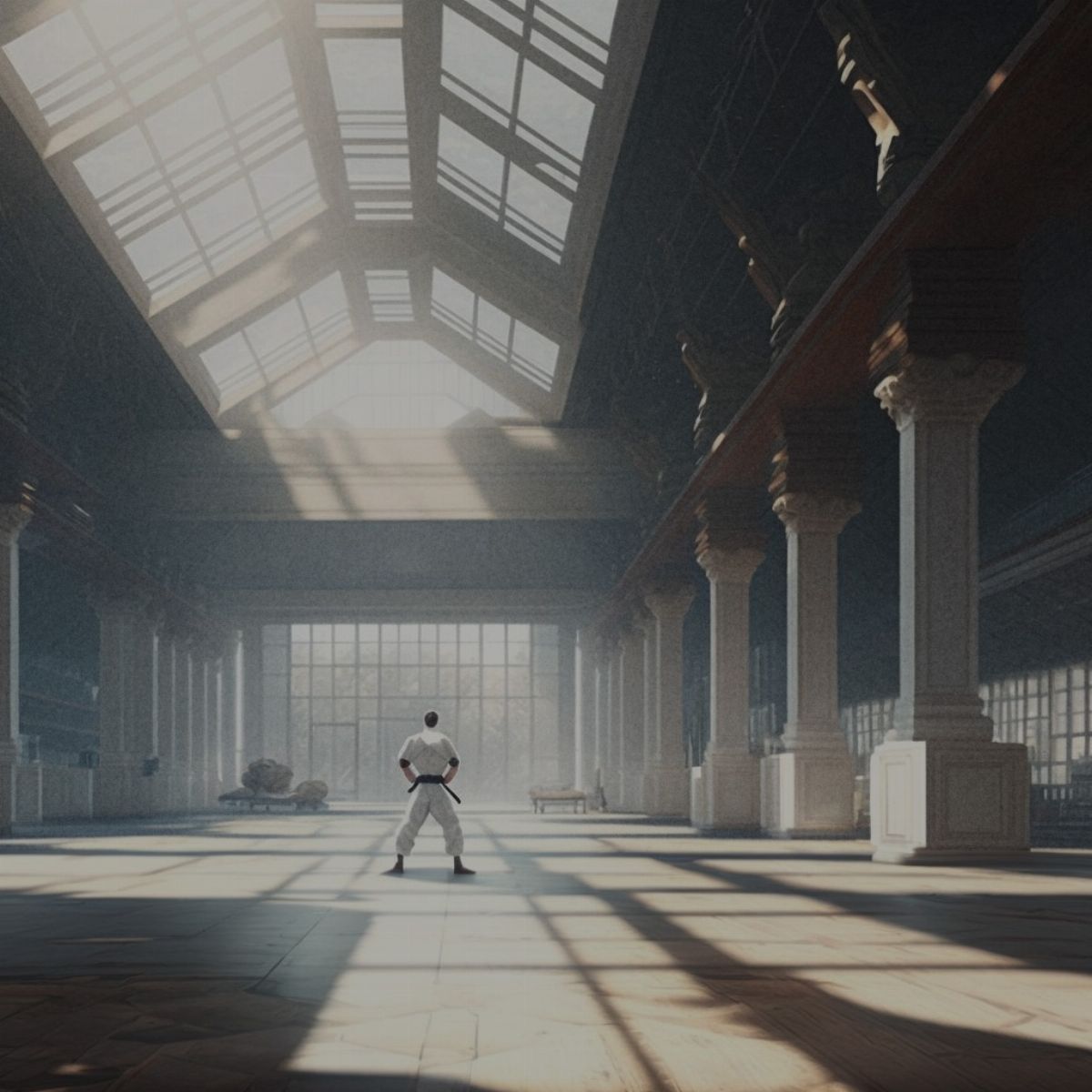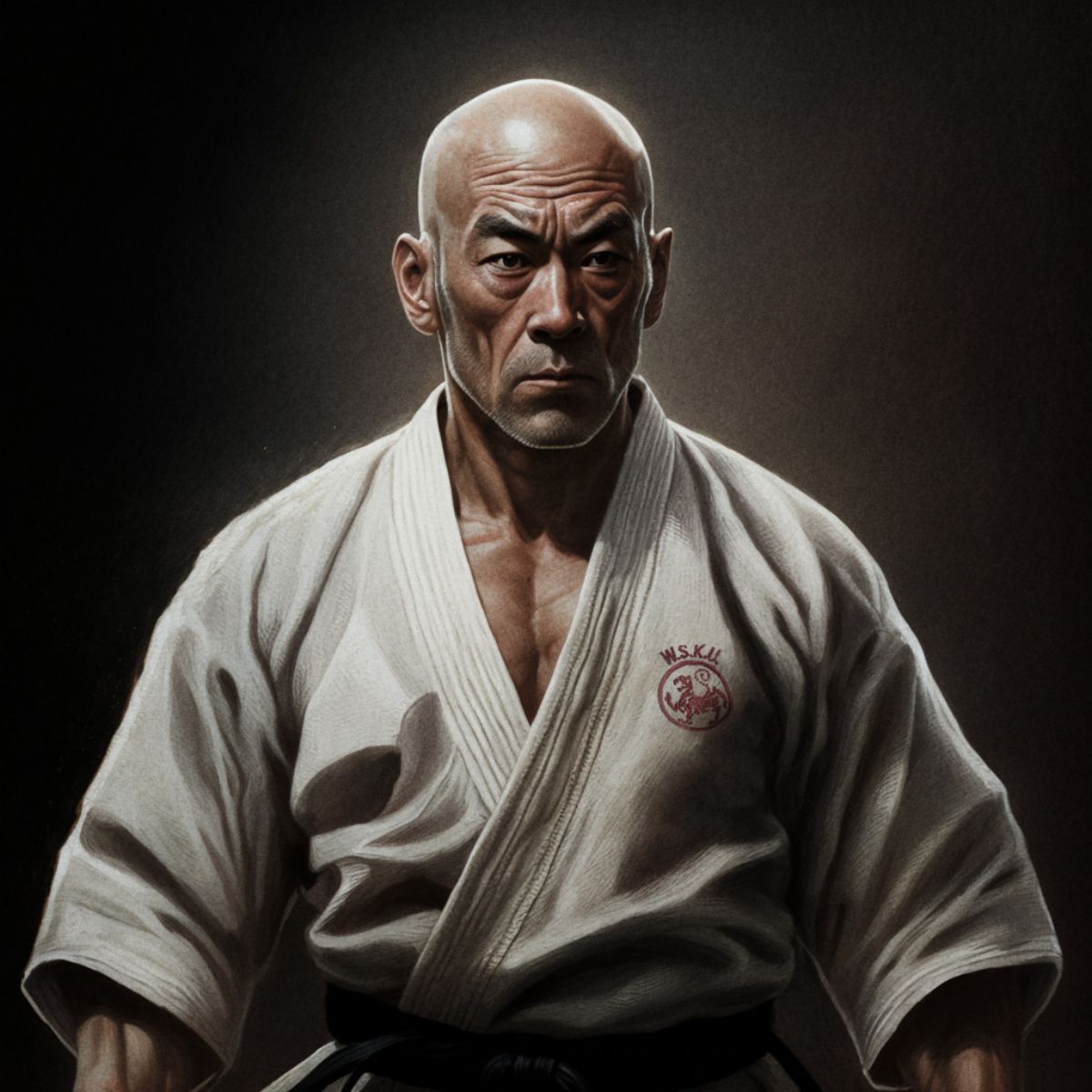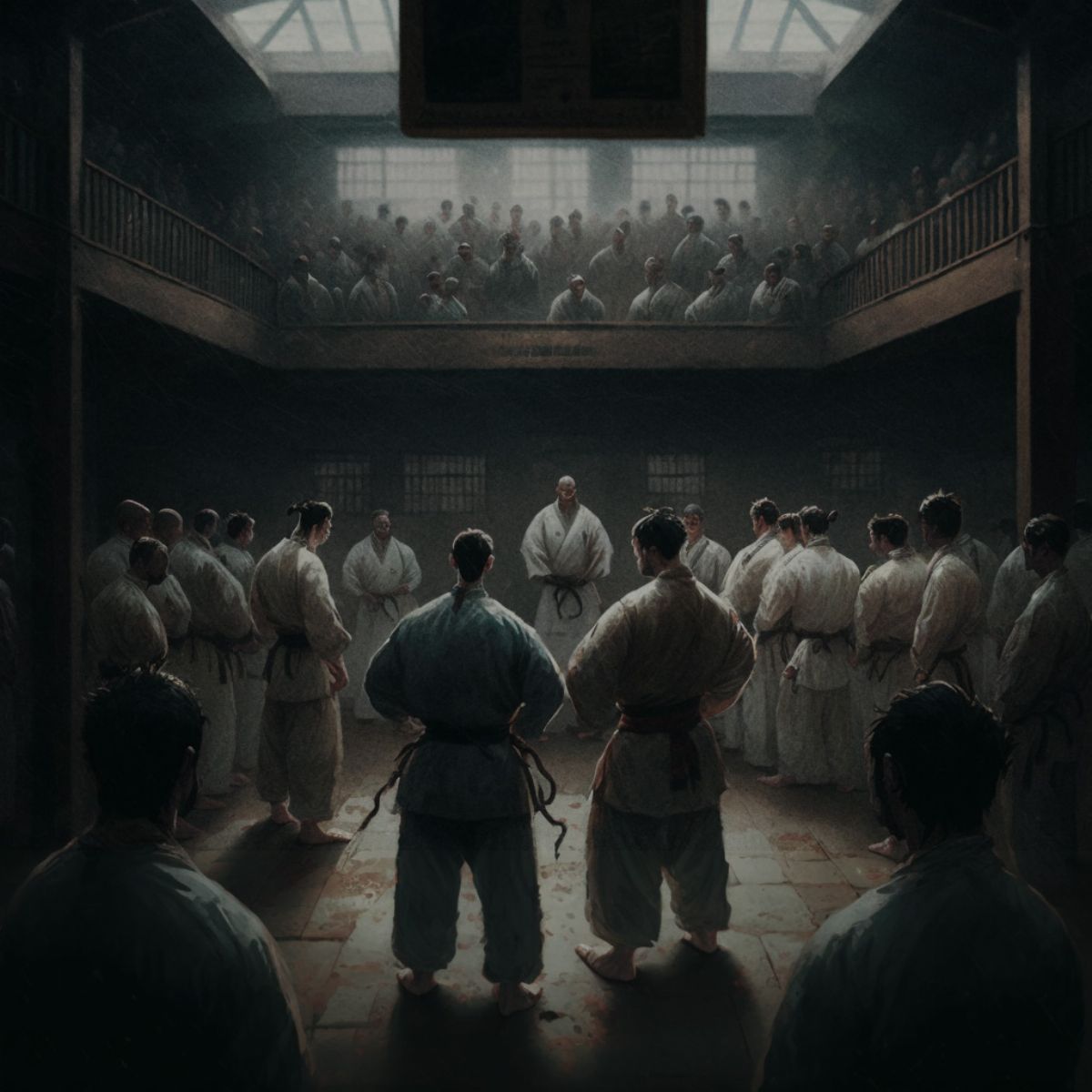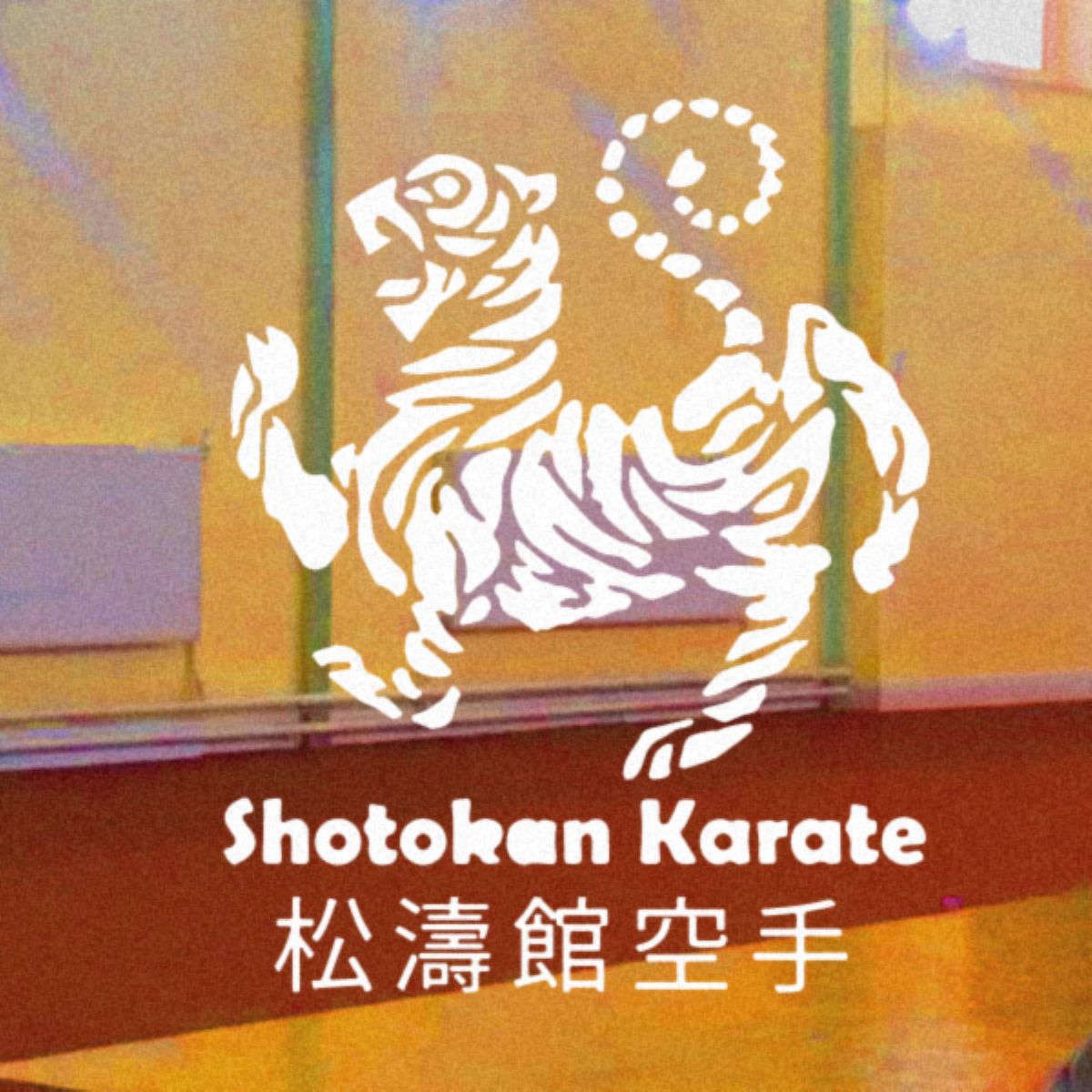Karate-do is a discipline that requires years of dedication and hard work to master. Many people join a karate club with misconceptions about what it entails. This article aims to provide an overview of the true nature of karate-do and the requirements for students to succeed.

It's fair to say that many who join a karate club do so for the wrong reasons. Often attracted by the myth of the invincible karate expert who takes on and defeats all-comers and smashes bricks and wood with their bare hands, hoping to one day wear the magical black belt and become invincible themselves.
But what is not appreciated is the degree of hard work and discomfort, the amount of sweat and the years of dedication the young man or woman will have to survive before he/she has the skills necessary to make either objective feasible. Practisioners can use techniques to smash objects and defeat opponents. However, if this is the primary objective, then that student would be better off avoiding martial arts.

Karate-do is not a sport. Nor is it primarily a system of self-defence. These are facets of a multi-sided diamond, at the heart of which is the rough, rugged, painstaking quest for the answer to the meaning of existence. Undertaken by a master and his pupils in their dojo. To understand this point is to advance and ensure clarification of many of the problems that may arise during training. Some sensei (or instructors thoroughly trained in the Japanese spirit) can seem overly harsh.
Historically, charges of being unfair and overly critical would be typical, but the student should welcome this. It shows that the sensei accepts the student as serious and worthy of criticism and correction. A sensei may sometimes test their students' spirit by pushing them to their limits and beyond in stamina, courage, and willpower. In the dojo, the master can have no friends, and without the support of friendship, students become more self-reliant.

Students must learn to see things dispassionately and be completely honest with themselves. Excuses for poor performance or contentment with just coasting through training are unacceptable. Eventually, students will understand that it is just as egotistical to be overly concerned with defeat as it is to rejoice in victory.
It's important to understand that the body assimilates the new knowledge gained from training. Reflexes and muscle-memory will evolve. Eventually, the student will realise a new concept and refine another technique, and this plateau will come and go, each time at a higher skill level.
Once you start karate for the benefit you derive from it, as your instructors, we hope your training continues until you gain a complete understanding of the art.

In any sport or fighting discipline, people become weary after initial training and tend to stop for a while. A student may succeed or fail depending on their attitude during this period.
Detecting this state of weariness, one must redouble their efforts and progress through this phase with inspired, spiritual effort. Allowing oneself to become discouraged or stop training will reverse previous gains. Abandoning training with a superficial understanding exemplifies the maxim "a little knowledge is a dangerous thing".
Falling into this state of disenchantment often results from lapses in training, especially when others advance faster. Other causes include sickness, injury, or poor coordination due to training less or physical ability. Poor tuition due to a lack of knowledge or an inexperienced instructor is another typical cause of student failure.
Students may feel self-conscious in front of their fellow students due to lack of training, leading them to believe they are not suited for karate-do and eventually giving up the art altogether. Daily practice, no matter how brief, will yield the best results. Continued even if falling behind peers in the dojo. Self-reflection and pracising unassisted forces the karateka to expand their own mind in pursuit of improvement. Self-tuition (with the correct reference and materials) can be a powerful way to advance. Set light goals, but be firm, to achieve and practise without rushing or becoming impatient, and you will maintain your interest and enthusiasm in Karate-do.

Karate-do requires hard work and dedication. Students must understand this to succeed. Mottos such as "service, not self, deeds not words, be prepared" exemplify the spirit of karate-do. Students should strive to follow these to get the most out of their training. To fully appreciate the art of karate-do, find a dojo and enjoy the training journey.

